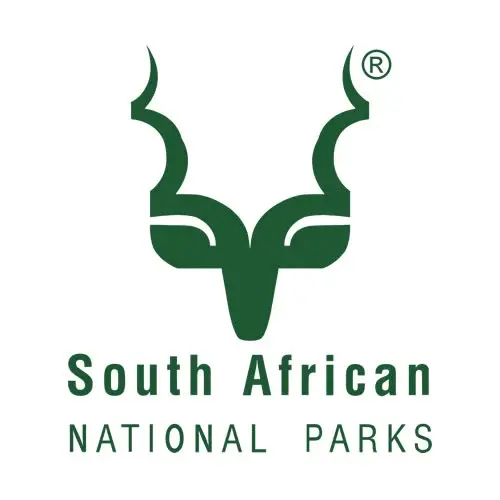Invasive Animal Species Interns
Internship1 year ago
Employment Information
Requirements
- An MSc degree in Natural / Biological / Conservation / Ecological Sciences that focussed on investigating animal behaviour / interactions / space use / movements using camera traps and or Wildlife GPS collars.
- A minimum of one-year relevant experience in the relevant field of expertise, plus good working knowledge of research values
- Computer literate with a working knowledge of Microsoft Office (Word, Excel, Power Point, Access), GIS software packages (ArcView) and R statistical computing.
- Experience in data science and information management
- Understanding of alien animal species management, impact and risk assessments in protected areas or the Cape Floristic Region biodiversity sector would be an advantage
- Good writing skills and the ability to prepare various reports and scientific publications
- Good social, and interpersonal skills, able to work independently and as part of a team
- A valid Code 8 driver’s license (with at least 1 year of driving experience)
- Candidate must be physically fit and able to conduct field work in tough terrain
- Adaptability and willingness to work in diverse environments.
- May be expected to travel in remote areas, both nationally and internationally. Having a passport that is valid into 2026 is recommended.
Responsibilities
- Contribute to ongoing research projects aimed at understanding and preserving South Africa’s unique flora and fauna
- Collecting, capturing, and storing field data relating to research and monitoring projects
- Data management
- Data analysis
- Independent and collaborative work
- Interpreting and presenting research findings
- Representing SANParks at science management engagements
- Science reporting
- Assistance in the implementation of conservation strategies.
- Complete a comparative body of research, between TMNP and Reunion Island to be submitted and presented on in March 2026.
Job location
South African National Parks (SANParks)Invasive Animal Species Interns 1 Vacancy-Internship 643 Leyds Street, Muckleneuk, Pretoria, Gauteng, South Africa |


